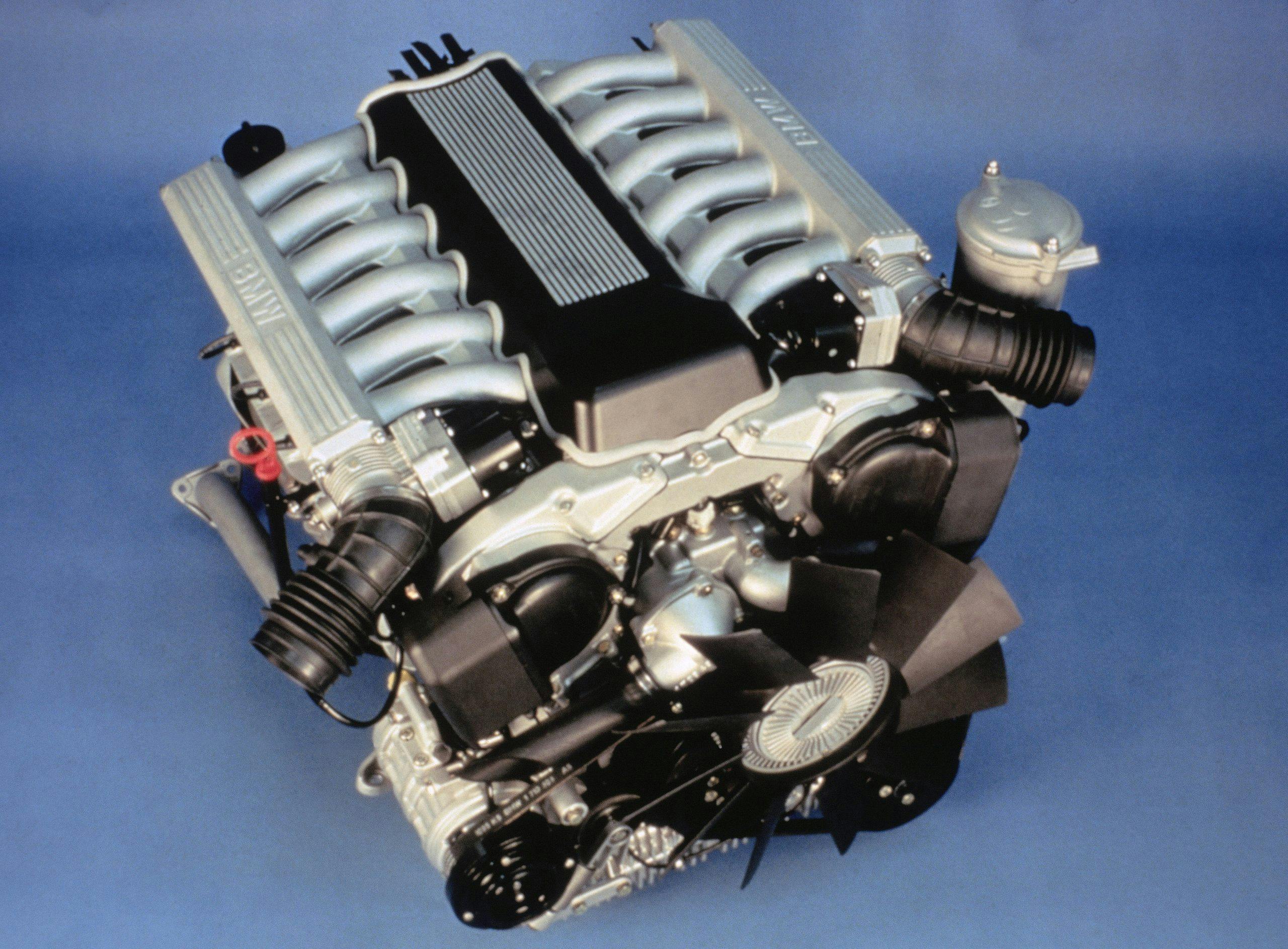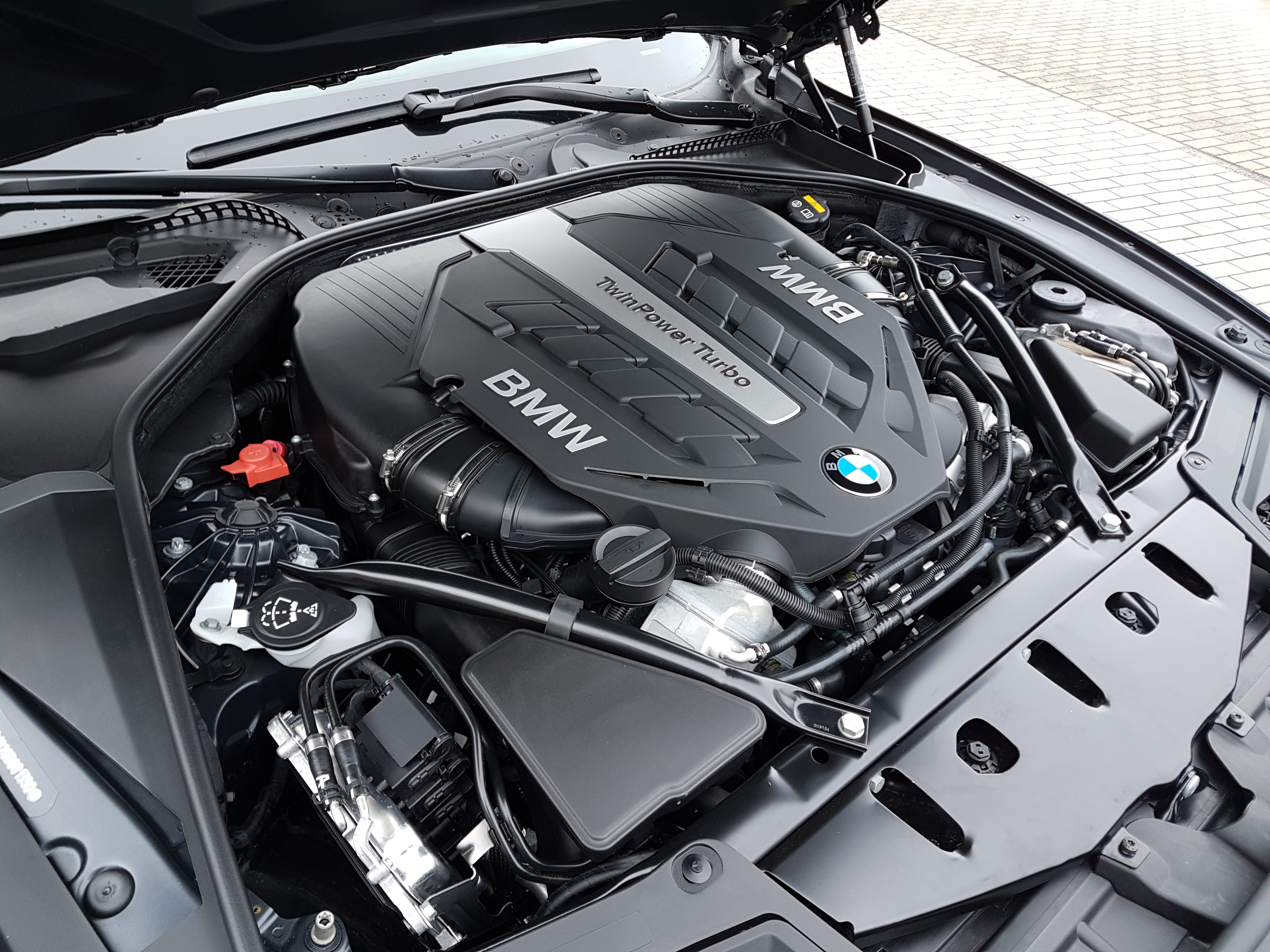The Evolution of the BMW Engine: A Recall at Iconic Designs
Wiki Article
Unveiling the Intricacies of Next-Generation Power Units: a Deep Study Advanced Engine Developments and styles
In the realm of vehicle engineering, the relentless search of sustainability, effectiveness, and performance has actually driven the evolution of power units to unprecedented heights. As we base on the precipice of a brand-new age in transportation, the intricacies of next-generation engine styles bid us to explore the advanced modern technologies and advancements that promise to redefine the driving experience. From innovative materials that push the limits of toughness and weight reduction to sophisticated turbocharging and turbo charging systems that elevate power outcome to brand-new levels, each part of these power devices holds a vital to opening the future of vehicle engineering. Diving much deeper into the worlds of emission control, smart engine management systems, and the perspective of power device development, we discover ourselves on the cusp of a change that assures to improve the landscape of mobility as we understand it.Development of Engine Materials

The shift in the direction of progressed engine materials has likewise allowed engineers to design engines with greater power outputs while preserving gas effectiveness standards. The usage of light-weight materials decreases the total weight of the engine, leading to boosted fuel economic climate and reduced emissions. Additionally, improvements in materials innovation have enabled for far better thermal administration within engines, leading to increased integrity and durability.
Turbocharging and Supercharging Technologies
How do Turbocharging and Supercharging Technologies change engine efficiency and efficiency in contemporary automobiles? Supercharging and turbocharging are technologies that significantly improve engine efficiency by enhancing the quantity of air intake right into the burning chamber. Turbocharging achieves this by utilizing a turbine driven by exhaust gases to pressurize the intake air, while turbo charging makes use of a belt- or chain-driven compressor to attain the very same impact.
These innovations enable smaller sized, extra fuel-efficient engines to generate power comparable to larger ones, called downsizing. By requiring more air into the cylinders, turbo charging and turbocharging boost combustion performance, resulting in enhanced horsepower and torque outcome without a substantial increase in engine dimension. This results in much better velocity, pulling capacity, and total driving performance.
In addition, turbo charging and turbocharging add to improved fuel efficiency by permitting the use of smaller sized engines that eat less gas under typical driving conditions - bmw engine. This combination of boosted efficiency and effectiveness has actually made turbocharging and turbo charging essential components of many modern-day engine styles
Emission Control and Environmental Influence
With raising global problems relating to air top quality and ecological sustainability, the execution of emission control technologies in cars plays a crucial function in minimizing unsafe toxins released into the environment. Modern automobiles are outfitted with innovative emission control systems that aid decrease the have a peek here ecological influence of auto procedures. Catalytic converters, for example, are created to transform hazardous gases such as carbon monoxide gas, nitrogen oxides, and hydrocarbons into less damaging compounds like carbon dioxide and water vapor.Additionally, developments in engine technology, such as the assimilation of exhaust gas recirculation systems and selective catalytic decrease, have substantially added to reducing discharges. These innovations operate in tandem to optimize combustion performance and decrease the launch of harmful pollutants into the air. Additionally, the advancement of hybrid and electric automobiles stands for an essential step in the direction of reducing the overall environmental footprint of the transport sector.
Intelligent Engine Management Solution

Furthermore, these systems make it possible for cars to fulfill rigid emissions requirements without compromising efficiency, providing an extra eco-friendly driving experience. The integration of expert system and equipment knowing capacities in engine administration systems proceeds to push the limits of what is feasible, resulting in more improvements in effectiveness, integrity, and overall automobile efficiency. bmw engine. As automobile modern technology advancements, smart engine management systems will certainly play an essential duty fit the future of transportation in the direction of an extra sustainable and effective direction
Future Trends in Power System Growth
As smart engine monitoring systems pave the way for improved control and optimization in contemporary vehicles, future trends in power system growth are positioned to redefine the landscape of auto propulsion innovations. Among the essential fads driving technology in power system growth is the shift in the direction of electrification. With an enhancing focus on sustainability and my response reducing carbon exhausts, hybrid and electrical powertrains are becoming much more common in the vehicle market. These alternate source of power supply boosted performance and efficiency while straightening with rigorous ecological laws.Another substantial fad is the combination of advanced products and producing methods. Lightweight products such as carbon fiber and aluminum are being utilized to lower general car weight, enhancing gas performance and efficiency. Furthermore, innovations in 3D printing and additive production are making it possible for the manufacturing of complicated engine elements with higher precision and resilience.
Additionally, synthetic intelligence and equipment understanding are playing a critical function in enhancing power unit performance. These modern technologies enable real-time monitoring and adaptive control, bring about a lot more trustworthy and efficient power shipment. Overall, future patterns in power unit development are tailored towards performance, sustainability, and efficiency, driving the auto market in the direction of a new age of propulsion modern technologies.

Final Thought
To conclude, the advancements in engine materials, turbocharging, exhaust control, and intelligent monitoring systems have led the way for next-generation power devices. These innovations have not just improved performance and performance but likewise reduced environmental influence. As innovation remains to evolve, future patterns in power device development are most likely to concentrate on additional boosting sustainability and enhancing power output. The elaborate styles and innovations in modern engines showcase the recurring evolution of automobile innovation.helpful hints Discovering the progressive improvements in engine materials has been essential in boosting the performance and efficiency of contemporary engines. Over the years, the advancement of engine products has actually played a critical role in pushing the limits of what engines can accomplish.The change towards advanced engine products has actually also enabled engineers to create engines with greater power outputs while preserving gas effectiveness criteria.The implementation of intelligent engine management systems in modern vehicles has transformed the means engines are regulated and maximized for efficiency and efficiency. By accumulating data in real-time and examining it with advanced formulas, intelligent engine administration systems can adjust to driving styles, ecological variables, and engine wellness to make the most of power output while lessening gas usage and emissions.
Report this wiki page